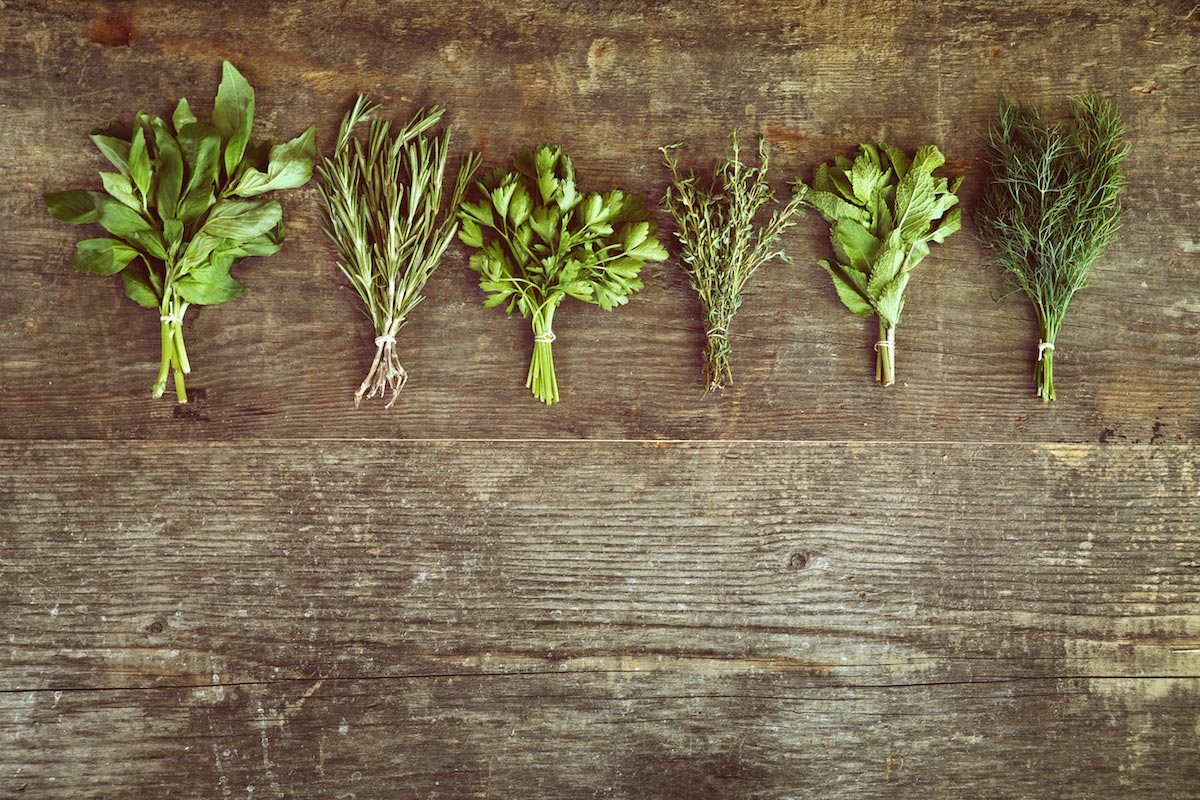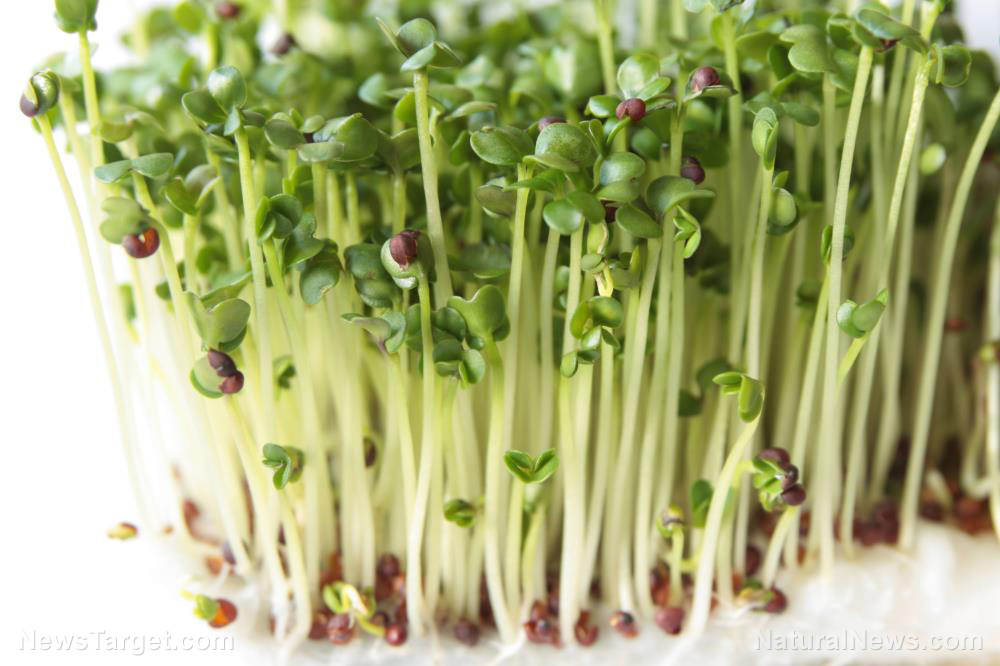7 Natural ways to battle loneliness and feelings of isolation
03/11/2021 / By Divina Ramirez

Loneliness and feelings of isolation are becoming more common in this age of connectivity. In fact, more than three in five Americans are lonely, according to a recent survey released by health insurer Cigna Insurance.
Even then, more and more people are reporting that they often feel left out, are poorly understood and lacking companionship. Unfortunately, loneliness can do more than just foster feelings of sadness. Recent studies find that loneliness, particularly the chronic kind, is linked to mental health issues like anxiety and depression.
More often than not, loneliness makes individuals feel as if no one understands them. In turn, this might make it difficult for them to connect with others on a more intimate level. Loneliness can also foster negative feelings of self-doubt, heavily impact workplace productivity, and fuel overwhelming feelings of isolation.
Earlier studies have also associated loneliness with a heightened risk of obesity, poor immune health, cognitive decline, high blood pressure, cardiovascular disease and even death.
These adverse outcomes occur because loneliness activates a biological defense mechanism. In effect, this then leads to changes at the cellular level. For instance, immune cells may promote chronic inflammation as a result of loneliness. It may even accelerate the buildup of plaque in the arteries and help cancer cells spread.
Combatting loneliness and social isolation
Loneliness and feelings of isolation can have detrimental impacts on one’s physical and mental health. Luckily, there are numerous strategies available for overcoming loneliness and avoiding its consequences.
Here are seven such strategies, according to Manhattan-based cognitive behavioral therapist and psychologist Jennifer Guttman:
Engage in nourishing activities
Create a list of nourishing activities that could help ward off loneliness. This can range from simple things like doing a puzzle and watching a movie to more engrossing ones like reading and painting. It also helps to go out to dinner alone or with someone, schedule classes with friends, visit a local event or attend a concert.
Plan meals
Loneliness can make it easy to neglect meals and indulge in unhealthy cravings. It is important to eat healthily even when alone or struggling with feelings of social isolation. So make it a habit to plan meals for the week or, better yet, make plans to eat lunch or dinner with a friend.
Take a break from social media
Social media can bring people together, but it can also make people feel overwhelmingly lonely. In fact, a 2018 study published in the Journal of Social and Clinical Psychology found a causal link between social media use and feelings of depression and loneliness.
If feelings of loneliness are heavily present, limit phone or computer use. Fill that time instead with something meaningful like a hobby. (Related: The social media generation is more prone to depression, self-harm.)
Evaluate your life goals
Loneliness can make it difficult to keep track of long-term goals or see the bigger picture. Similarly, it is just as difficult to feel lonely if those goals, personal or professional, are clear.
Take the time to review this year’s goals and evaluate attempts so far at accomplishing them. Consider altering goals that are unrealistic and break down the realistic ones into achievable steps fit for the short-term.
Spend time outdoors
Green is a cool color often associated with nature. Researchers have found that because of this strong association, spending time in green spaces like parks and forests can help improve mental health and discourage feelings of loneliness and social isolation.
Exercise
Exercising to ward off loneliness is not so much about the exercise itself as it is about re-engaging one’s senses and restoring energy. Take short walks, go bike riding, meditate or do stretching exercises.
Learn more about the impact of loneliness and isolation on mental health at Mental.news.
Sources include:
Tagged Under: beat depression, isolation, loneliness, mental health, natural cures, natural health, natural medicine, remedies, tips
RECENT NEWS & ARTICLES
COPYRIGHT © 2017 NATURAL HEALTH NEWS





















